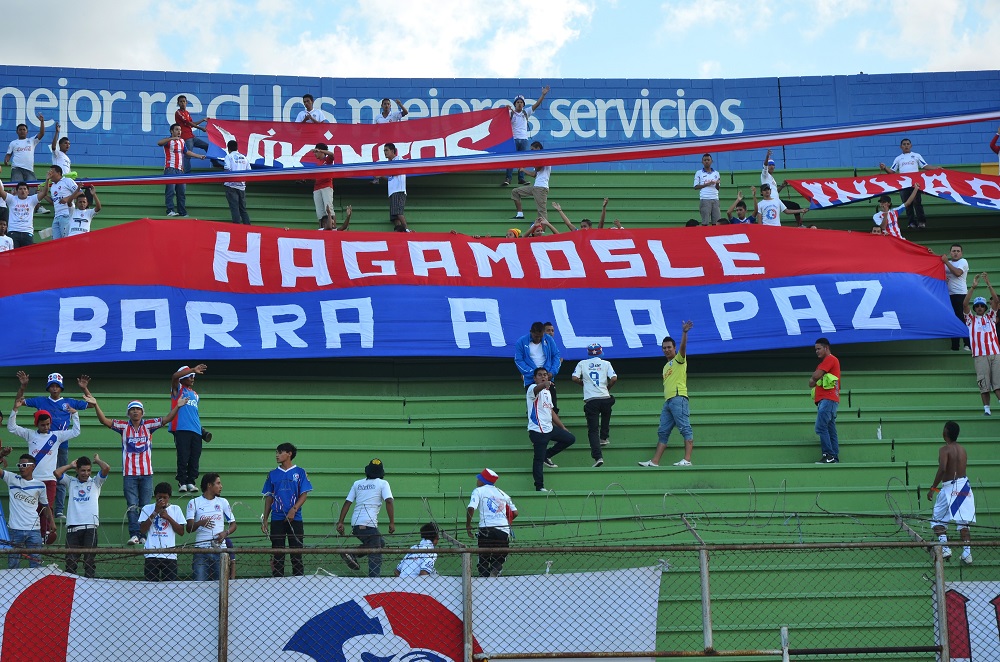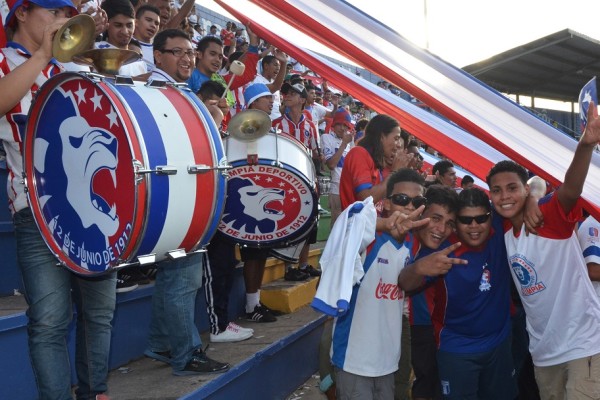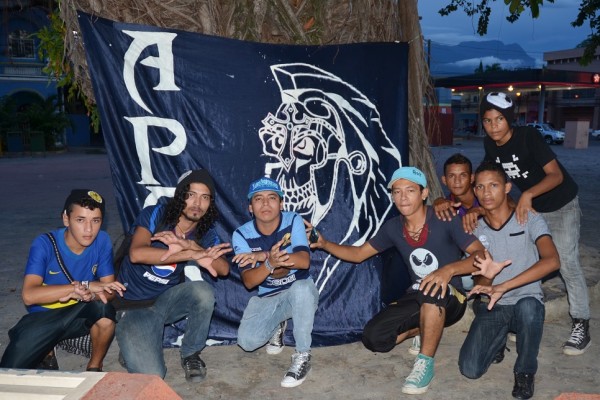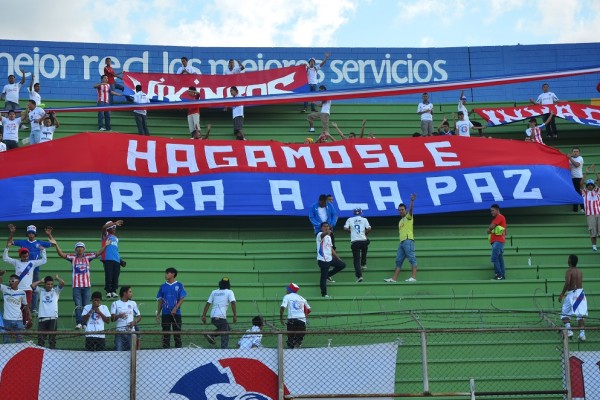Journalism, youth and sports for peace in Honduras

Honduras is one of the poorest countries in Latin America and at the same time, one of the most violent in the world according to the number of homicides registered annually. In this context of institutional fragility, inequality, high levels of poverty, corruption and impunity, there is nevertheless an event that awakens hope in the Honduran society: football. For the Honduran society, football is a 90-minute pause of happiness amid decades of anomie.
In societies where there are no institutional and social mechanisms for conflict transformation, violence that starts as a natural rivalry between two football teams, can transcend the limits of a stadium and become a social problem.
An example of this, is the violence related to the football clubs in Honduras. Young fans of a local football team, who are victims of social exclusion and lack of opportunities, have expressed their hopes and identity in the support they give to a football team. This has transitioned from a natural rivalry between teams, to violence in the streets. The violence that is perpetrated between the fans of these football clubs has evolved from fights and blows in the stadium to open armed confrontations within their own communities.
In contexts, such as Honduras, youth groups (gangs, sports and school clubs, rock groups and other forms of youth groupings) represent a mechanism of cohesion, identity and solidarity that are strengthened and radicalized due on the one hand, to the excessive violence exercised by other forms of associations and social integration (school and family) and, secondly, the repressive action of State agents (police).
Interpeace and sports clubs in Honduras
In February of 2014, Interpeace’s Office for Latin America launched the project “Sports Clubs for Peace” with the support of the Berghof Foundation. Through this programme, Interpeace worked to strengthen the capacities of the leaders of the two main sports clubs in the country, the “Ultra Fiel” and the “Revolucionarios,” to address conflicts in non-violent and creative ways. Additionally, Interpeace contributed to building a positive perception of the sports clubs as relevant actors for the construction of peace in Honduras. In order to reach this objective, Interpeace implemented a training programme on issues related to conflict transformation, peace culture and mediations with young members of the sports clubs in Tegucigalpa, San Pedro Sula, la Ceiba and Choluteca, so that young participants could have the necessary tools to become agents of change in favor of non-violence and peace in the country.
Journalism, youth and sports for peace in Honduras
In Honduras, the young sports club’s members have been victims of stigmatization and criminalization for belonging to these clubs. This is aggravated by the fact that football is one of the activities in the country that is given more media attention. In this way, the sports clubs members are permanently in the public eye, associated less with the sport and more with the violence.
As part of the efforts to deepen the work that began with “Sports Clubs for Peace,” beginning on November 2016, Interpeace launched the project "Journalism, youth and sports for peace in Honduras." In an alliance with Free Press Unlimited and the Central American digital newspaper El Faro, the objective of the project is to contribute to the non-violent transformation of conflicts by changing perceptions and reducing the stigmatization of young people in Honduras.
The project "Journalism, youth and sports for peace" will seek to help young members of the main Honduran sports clubs, become agents of change in favor of nonviolence and peace in the country. In addition, the project seeks to strengthen ties between sports club members and the Honduran press in favor of alternative narratives that focus on understanding the causes of violence and contribute to a positive change in the public perception of marginalized youth. Listening to the voice, the human dimension and the story of young people immersed in cycles of violence, is an essential step for the construction of peace in Honduras.



